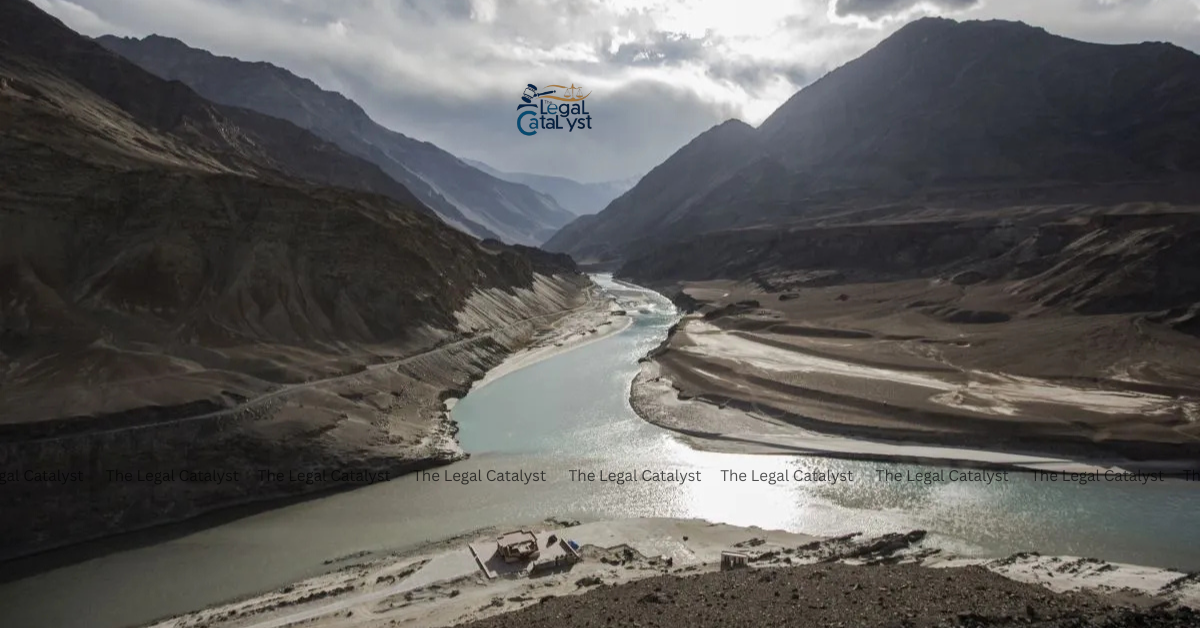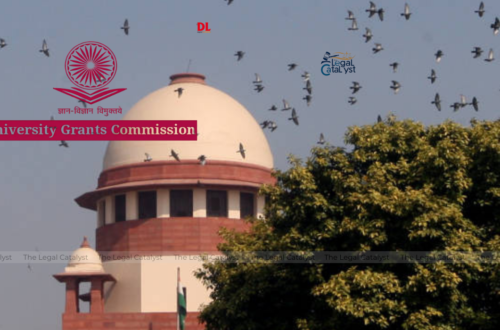A Court of Arbitration (CoA) set up under the Permanent Court of Arbitration (PCA) in The Hague has ruled that it can continue hearing Pakistan’s concerns regarding India’s construction of two hydroelectric power projects—Kishanganga and Ratle—on the Indus River system, despite India’s decision to suspend the Indus Waters Treaty (IWT) earlier this year.
India, however, has outright rejected the ruling, reiterating its long-standing position that it does not recognise the CoA’s authority in this matter. Pakistan, on the other hand, has welcomed the decision and urged India to resume normal implementation of the IWT.
Background: How Did the Dispute Begin?
The IWT, signed in 1960 and brokered by the World Bank, governs water sharing between India and Pakistan. It lays out mechanisms for resolving disagreements—starting with bilateral talks, then involving a neutral expert, and as a last resort, referring the matter to a Court of Arbitration.
The dispute began in 2016, when Pakistan raised objections to India’s Kishanganga and Ratle hydropower projects, claiming they violated the treaty by affecting downstream water flow. Pakistan requested the formation of a CoA, while India argued that the issue should be resolved by a neutral expert instead.
Despite India’s objections, the PCA went ahead and constituted the CoA, stating it had the authority to act under the Treaty. India refused to participate in the proceedings, calling them “illegal” and contradictory to the terms of the Treaty.
What Did the Court Rule Recently?
In June 2024, following a terror attack in Pahalgam, Jammu & Kashmir, India announced it was placing the Indus Waters Treaty in “abeyance”—essentially suspending its implementation.
In response, the CoA issued a supplemental award on June 27, asserting that India’s decision to freeze the Treaty does not affect the Court’s jurisdiction. It ruled unanimously that the Treaty cannot be unilaterally suspended, and must remain in force unless both countries agree to terminate it.
“The Treaty was designed to continue until terminated by mutual consent,” the CoA said. “There is no provision that allows one party to unilaterally place it in abeyance or suspend dispute resolution procedures.”
The Court further noted that under international law, events occurring after arbitration proceedings begin do not affect the tribunal’s jurisdiction. Therefore, it has the responsibility to continue hearing the case, regardless of India’s position.
How Did India and Pakistan React?
India’s Ministry of External Affairs (MEA) strongly rejected the CoA’s ruling, calling the Court itself “illegal” and asserting that any decision from it is “void and without legal basis.”
India also defended its decision to suspend the Treaty as a sovereign act, arguing that Pakistan has misused the treaty and international forums to avoid accountability for its support of cross-border terrorism.
Pakistan welcomed the ruling, calling it a validation of its view that the Treaty remains operational and cannot be suspended unilaterally. It urged India to return to the normal functioning of the IWT and honour its treaty obligations.
What Happens Next?
The CoA will now move ahead with examining the core issue: whether India’s hydropower projects violate the terms of the Indus Waters Treaty.
However, even if the Court rules in Pakistan’s favour, India is unlikely to comply, as it continues to contest both the Court’s legitimacy and the process itself.
Meanwhile, the broader India-Pakistan relationship remains tense. While Pakistan has expressed willingness to resume talks on a range of issues—including Kashmir, trade, and terrorism—India has maintained that the Treaty will remain suspended unless Pakistan ends its support for cross-border terrorism once and for all.






